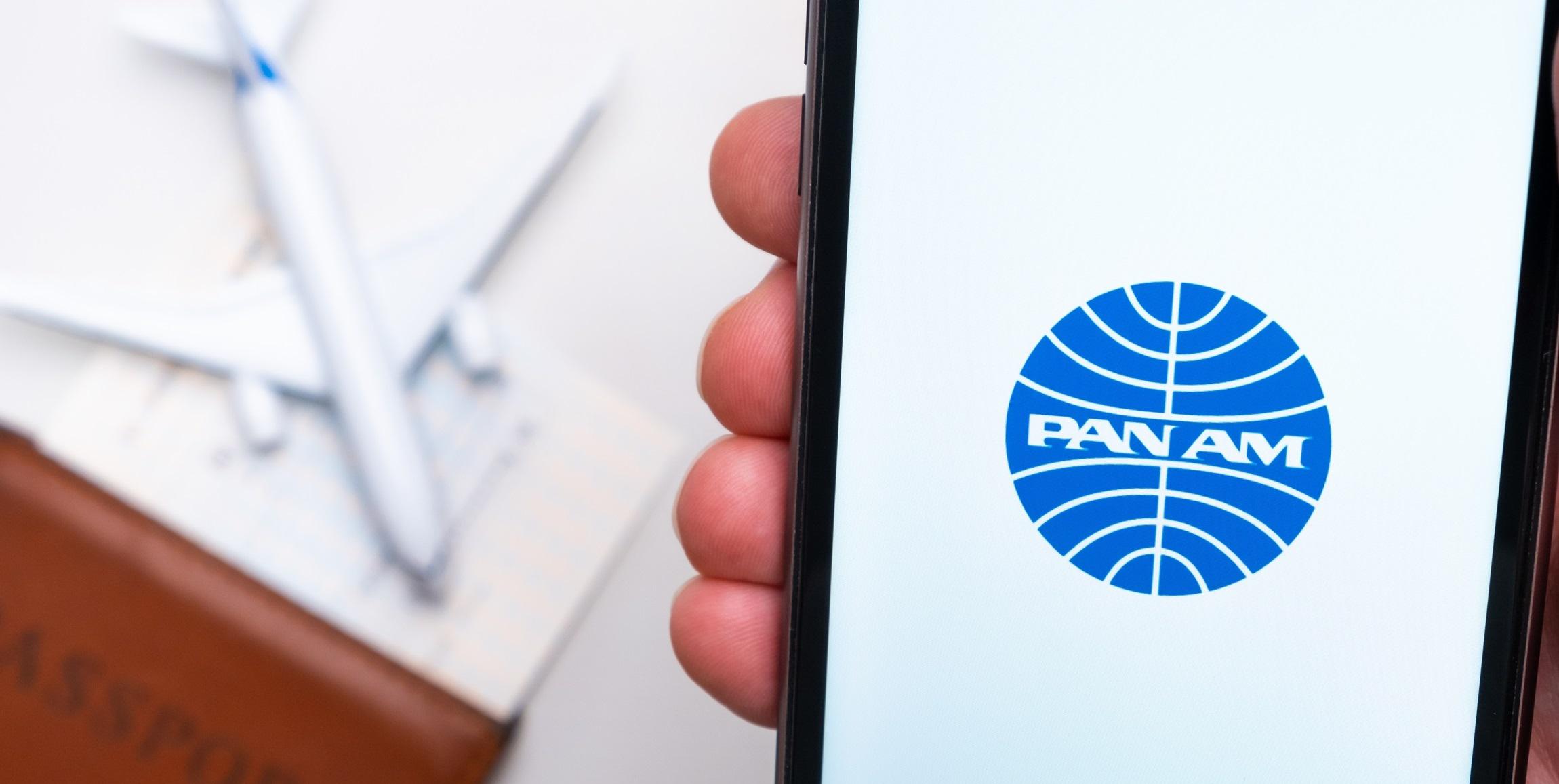What’s business tourism? A concise guide

After a protracted decline starting in 2020, business tourism has come roaring back— companies worldwide have spent $1.5 trillion in 2024 on travel. The corporate travel industry expects continued growth, with revenue projected to surpass $2 trillion by 2028.
The incentive fueling business travel is evident: It’s highly profitable. Every dollar a company spends to send employees to corporate retreats, meetings, and conferences generates a return on investment, depending on the event.
To take full advantage of the business travel trend, companies must understand why it generates such a high ROI. With this guide, travel managers will learn how to establish effective policies and protocols so that their business tourism strategy takes flight.
Defining business tourism
The travel and hospitality industry categorizes a trip as business tourism whenever an employee travels in service of corporate goals. These domestic or international trips, which industry insiders may call corporate or MICE tourism, allow travelers to connect, collaborate, and exchange knowledge with their peers and mentors on a national or global stage.
Typically, business tourists participate in:
- Internal meetings at branch offices
- Meetings with potential, new, or long-time clients and partners
- Conferences, exhibitions, and trade shows
- Corporate retreats or performance incentive trips
However, business tourism doesn’t have to be all work and no play. At one time, companies limited business travel perks to a visit to the souvenir shop after a short stay at a motel. It’s now common for business tourists to bring partners and family to enjoy holiday activities like visiting local attractions, taking travel photography tours, or relaxing at luxury accommodations during off-hours and weekends. In fact, 48% of business travelers participated in “bleisure” activities in 2023, with the market expected to grow 500% by 2030.
The importance of business tourism
Along with an impressive ROI, here are a few more ways business tourism benefits employees and organizations.
Productivity and collaboration
Video conferencing can feel cold and impersonal, making responding to physical cues challenging, and thereby hampering emotional connection. Business tourism with colleagues allows employees to connect personally.
Lead generation and relationship-building
Some business activities, like sales, benefit from a human touch. Of marketers participating in trade shows and conferences, 68% report that live events are an effective strategy to attract new clients to the company.
Knowledge exchange
Networking events like conferences and retreats allow travelers to share and receive feedback on business ideas, compare best practices, or learn new ways to manage everyday tasks. This high level of knowledge exchange can lead to more innovative practices in the future, as employees bring new insight on industry best-practices back to the office.
3 types of business tourism
Depending on the company’s goals and objectives for the trip, travel falls into one of three different tourism business examples.
1. Traditional business tourism
A standard business trip is the default for traditional corporate travel. This form of tourism covers business meetings, presentations, or networking events like dinners with clients or coworkers in different locales around the country or globe. Business tourism enables participants to share ideas and insights, solve problems, and explore different perspectives in an environment that promotes effective collaboration.
2. Incentive trips
Some companies offer all-expense paid vacations to high-performing employees and important clients to incentivize success and promote closer relationships. Some of these events are corporate retreats that combine team-building and motivational activities with guided ecotours or visits to local attractions, while others are strictly vacation opportunities.
3. Conferences and exhibitions
When companies need market exposure, they send travelers to participate in industry events such as conferences, exhibitions, and tradeshows. These gatherings allow companies to connect with potential partners and explore collaborative opportunities while monitoring current industry trends.
Challenges of business tourism
With so many moving parts, managing business tourism can pose a significant challenge for many companies. Here are some issues to watch out for and how to address them.
Financial oversight
Developing a successful business tourism strategy begins with establishing a clear travel policy. Once those protocols are in place, a company can select a travel management platform that helps employees understand their policies. Options like Engine allow business travelers to compare prices for flights, hotels, and car rentals, and centralize all their booking information in one place.
Traveler safety and emergency management
Ensuring your employees safe return should be at the forefront of any organization’s travel preparations. Companies should provide safety training and use mobile applications to stay in contact with employees while away from the office. Companies should also invest in travel insurance to protect travelers in case of accidents and medical emergencies.
Environmental considerations
With savvy planning and management, business travelers can reduce their ecological footprint. For example, using direct flights, public transport, and electric vehicles minimizes carbon emissions, while eco-friendly accommodations save water and resources.
How to successfully manage business tourism
Business travel logistics can be challenging, but incorporating the following best practices can make it more manageable.
Organize
Companies should establish a systematic process to arrange business tourism. Start with these five steps:
- Understand business tourist needs and preferences.
- Book corporate flights, accommodations, and other travel necessities like car rentals.
- Plan transportation between the airport, hotel, and venues.
- Advise travelers of document requirements, including passports and visas.
- Prepare a detailed itinerary plus a daily schedule of meetings, events, and time off.
Consider a travel management service
Travel agencies and managers can take over business tourism logistics. These organizations work with business travel networks, facilitating comparison of travel options and fees, expense tracking, and report generation. Leveraging these services makes it easier for companies to control business tourism costs.
Leverage technology
If a travel agency doesn’t suit a company’s needs or budget, they can implement travel management tools and technology within the organization, like:
- Online travel platforms: These websites manage costs by facilitating price comparisons on flights, accommodations, and car rentals.
- Mobile apps: Smartphone applications include options for itinerary management, flight alerts, and access to local transportation options, making it easy to manage issues on the go.
- Expense management systems: These applications make monitoring spending in real time easy, speeding up reporting and reimbursement.
Streamline your business travel management with Engine
Engine’s all-in-one travel hub streamlines business trip preparations, putting all your travel management tools in one place. Our platform is tailored specifically to business travel, allowing managers to book and oversee trip logistics, including hotel accommodations, flights, and car rentals—all from a single application. Business tourists who use Engine can earn valuable travel rewards and access 24/7 professional support in times of need.
With Engine, business travel isn’t only simplified—it’s optimized.




.jpg)



.jpg)

.jpg)

.avif)












.avif)





.jpg)











